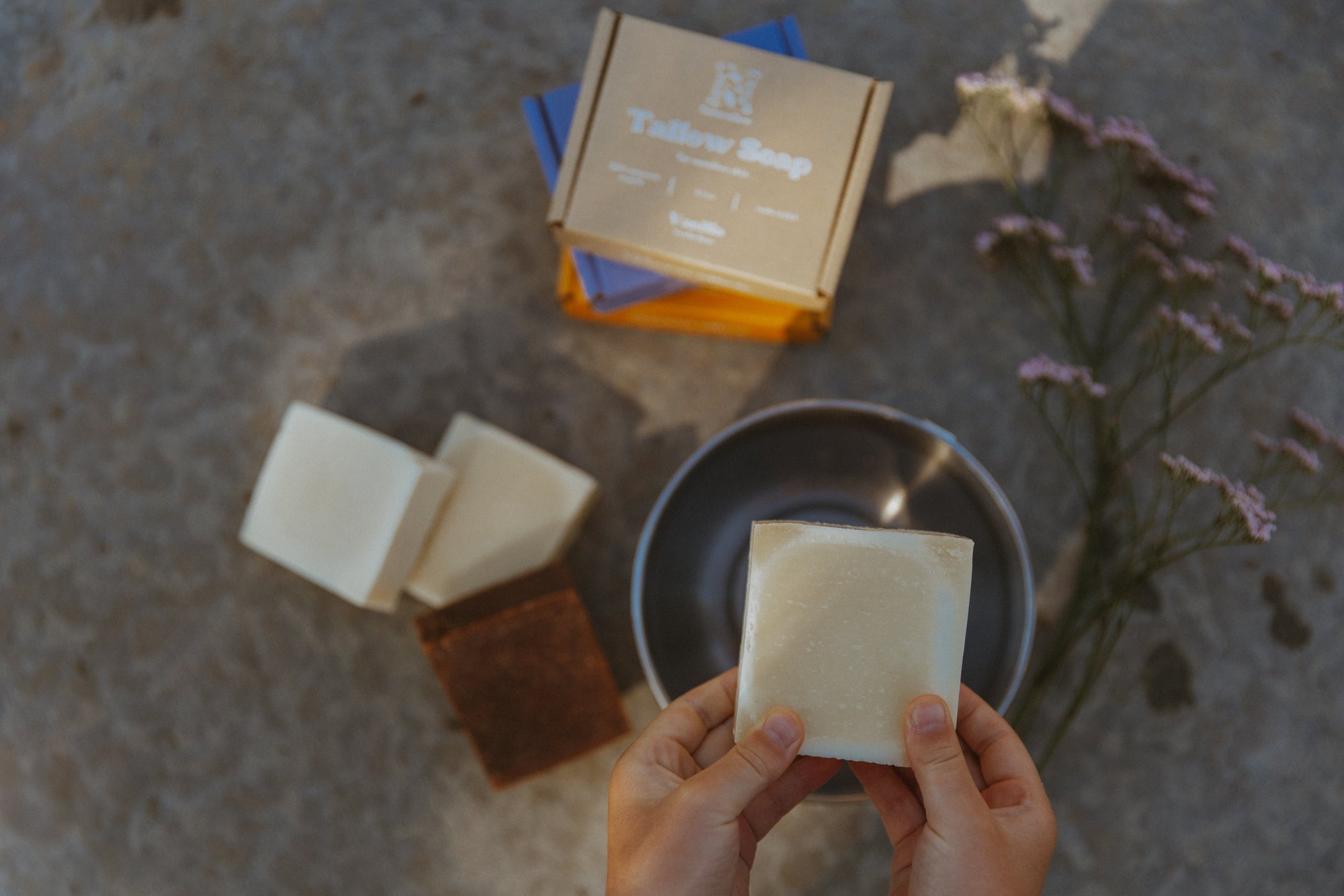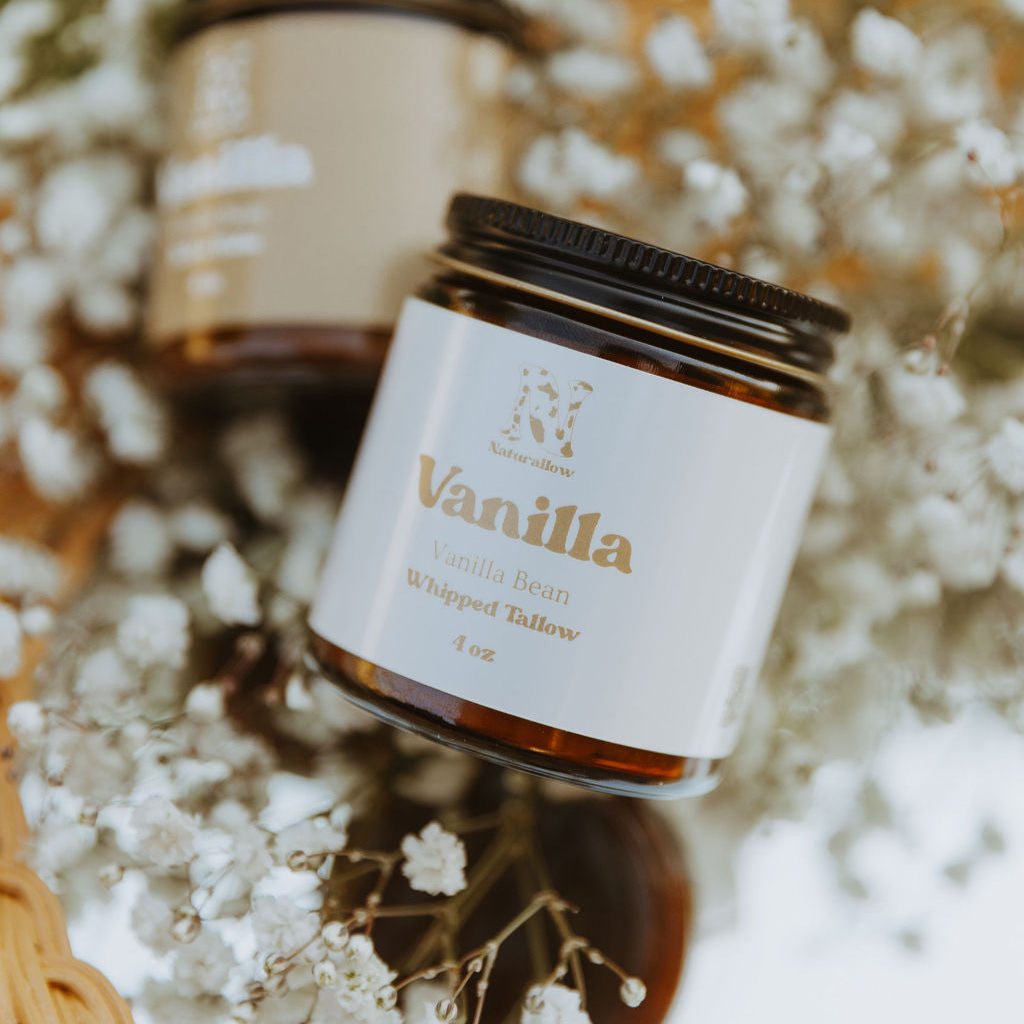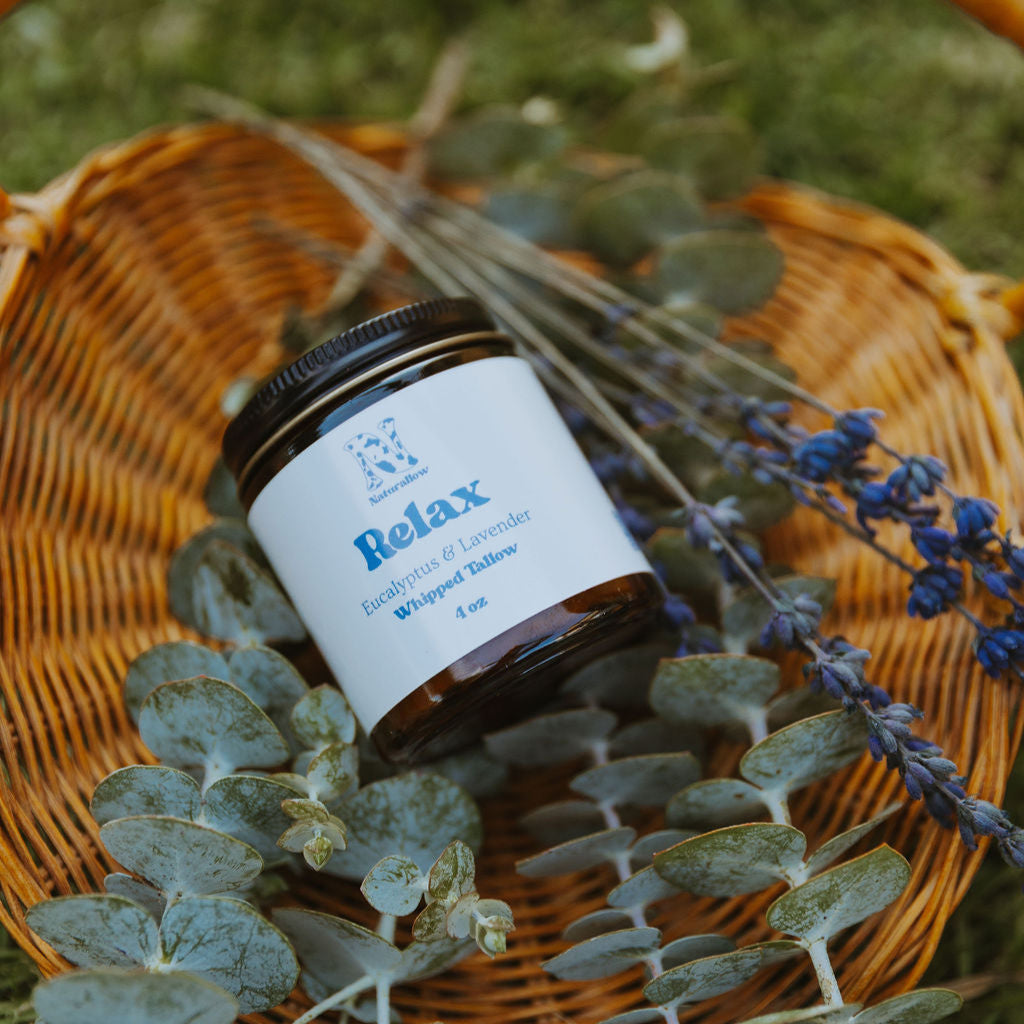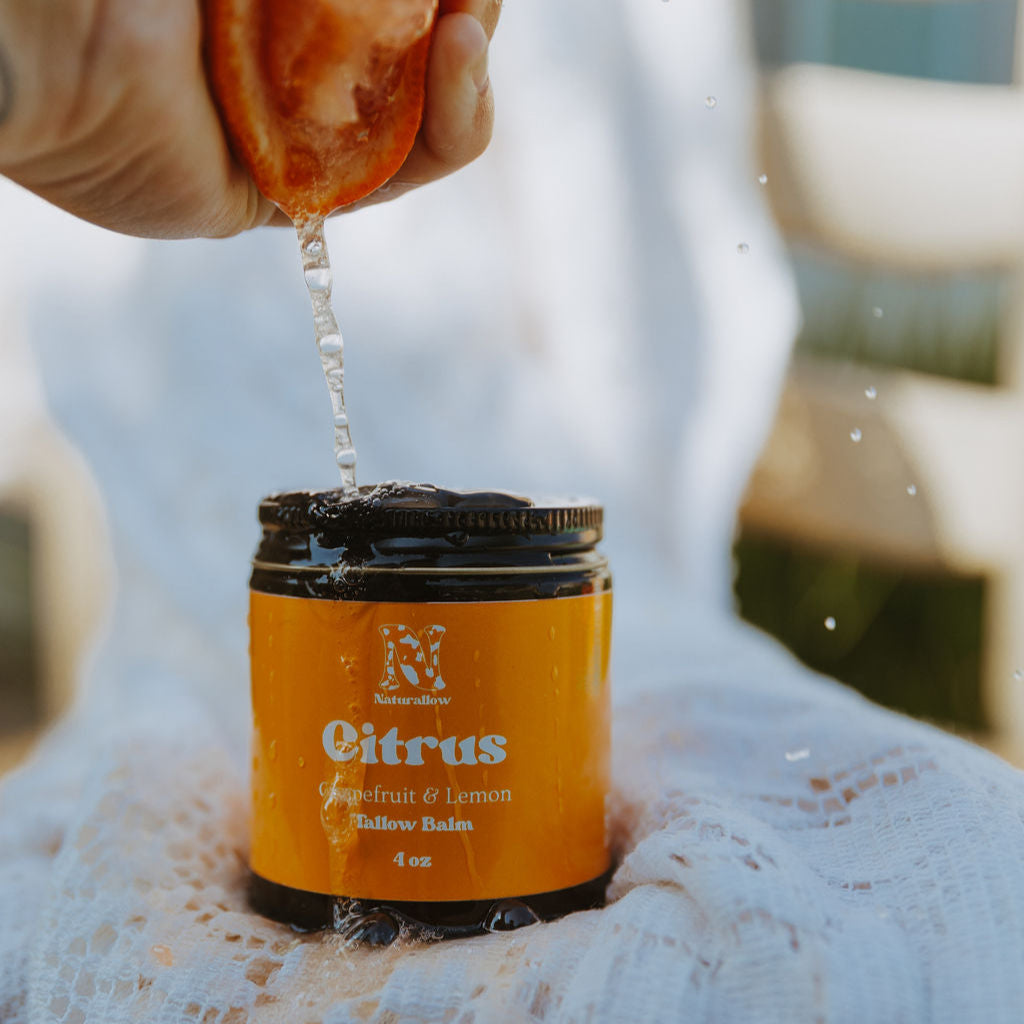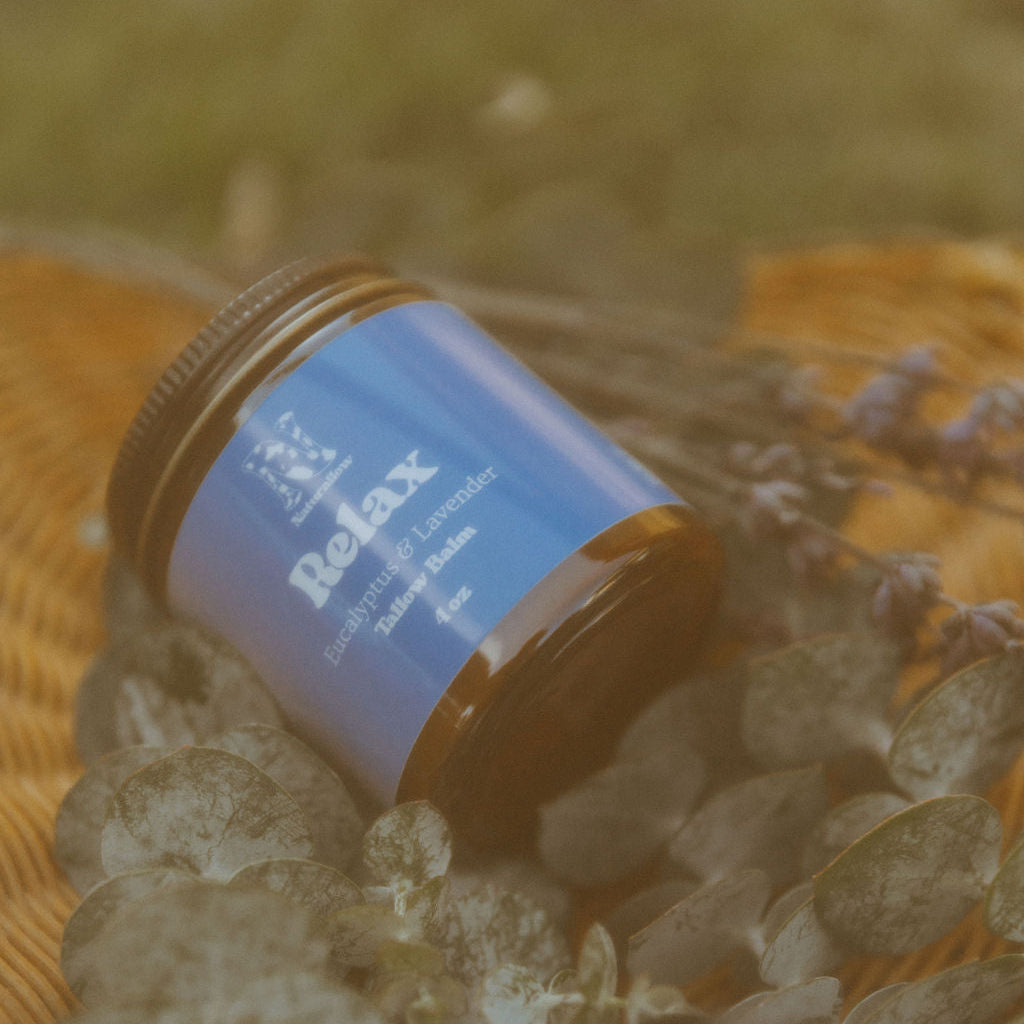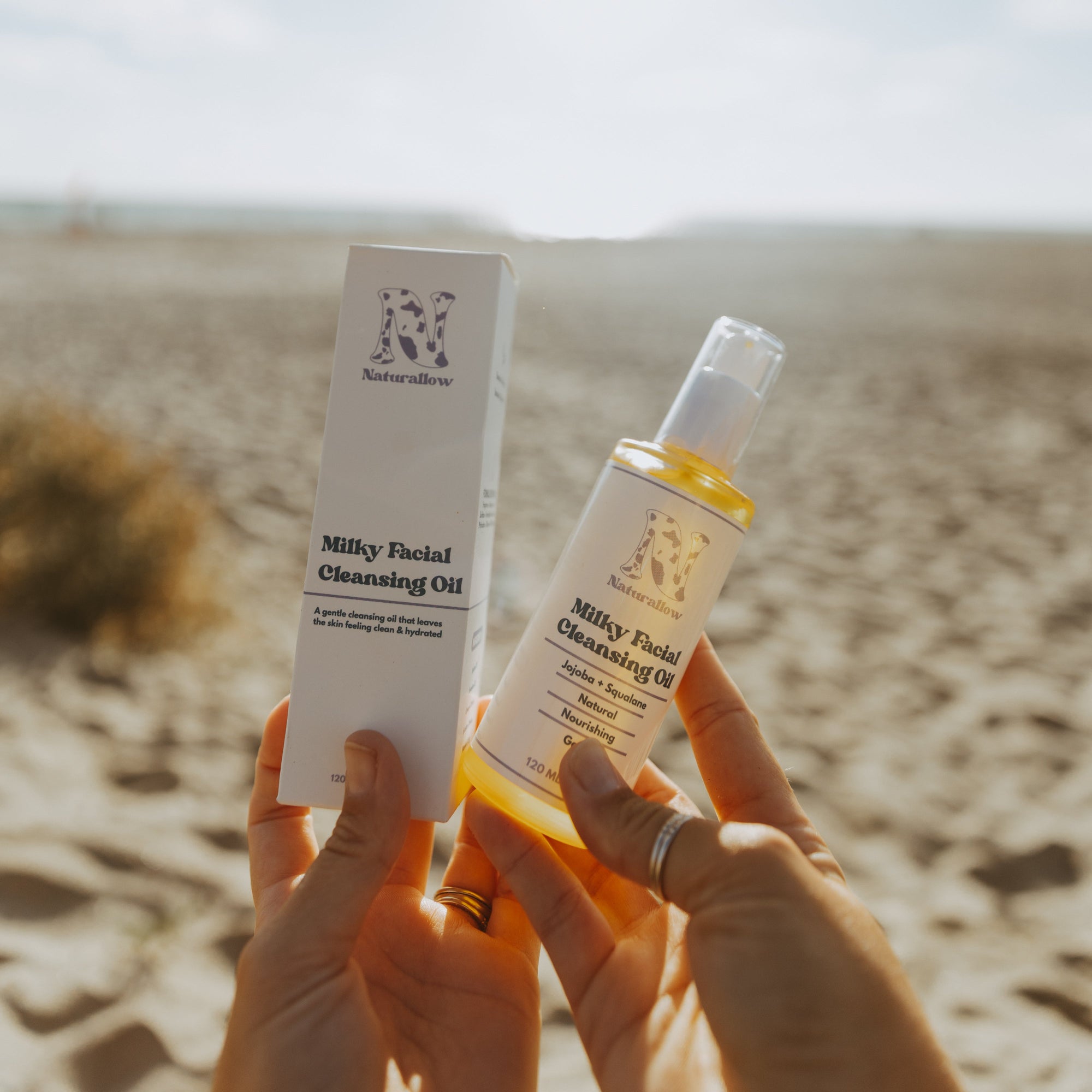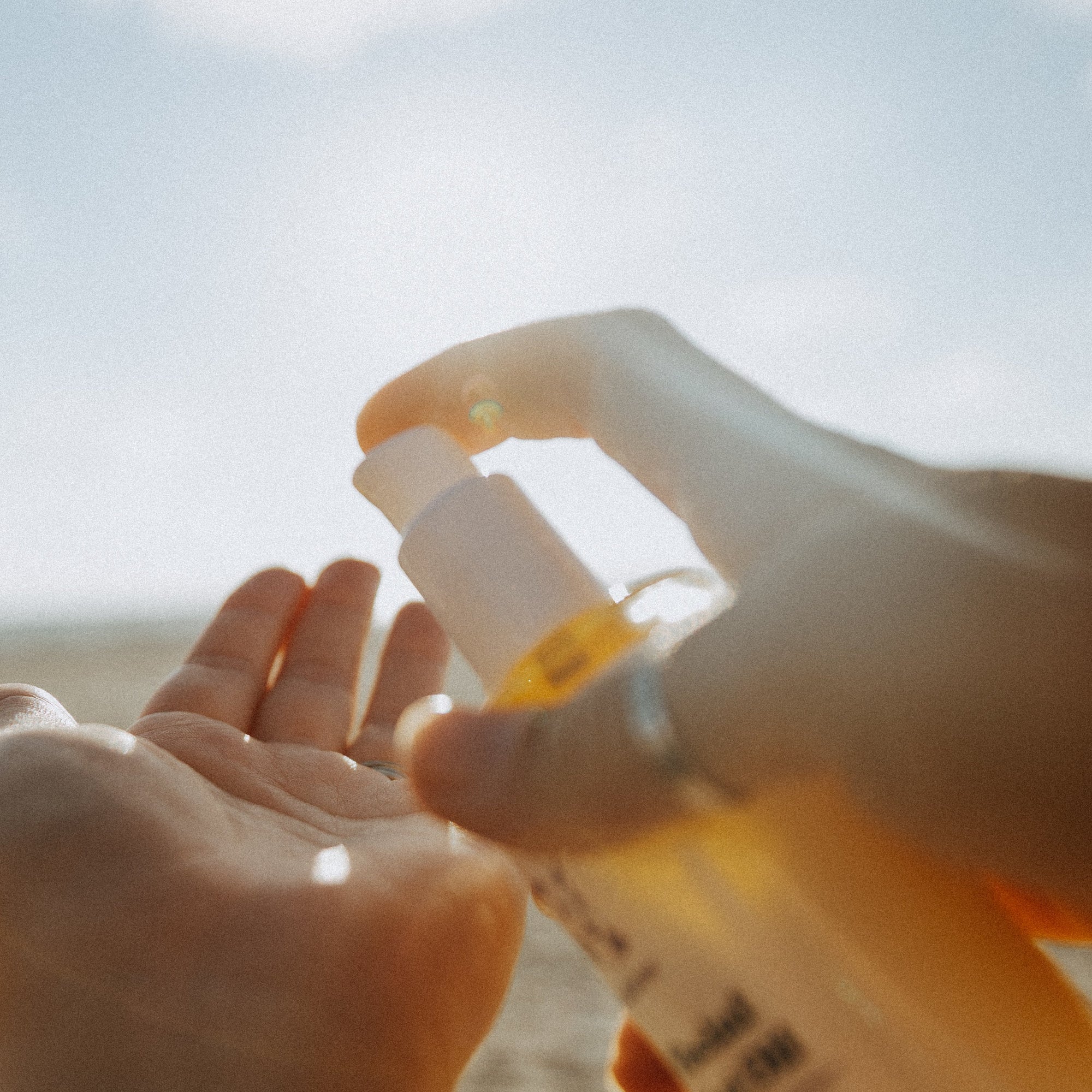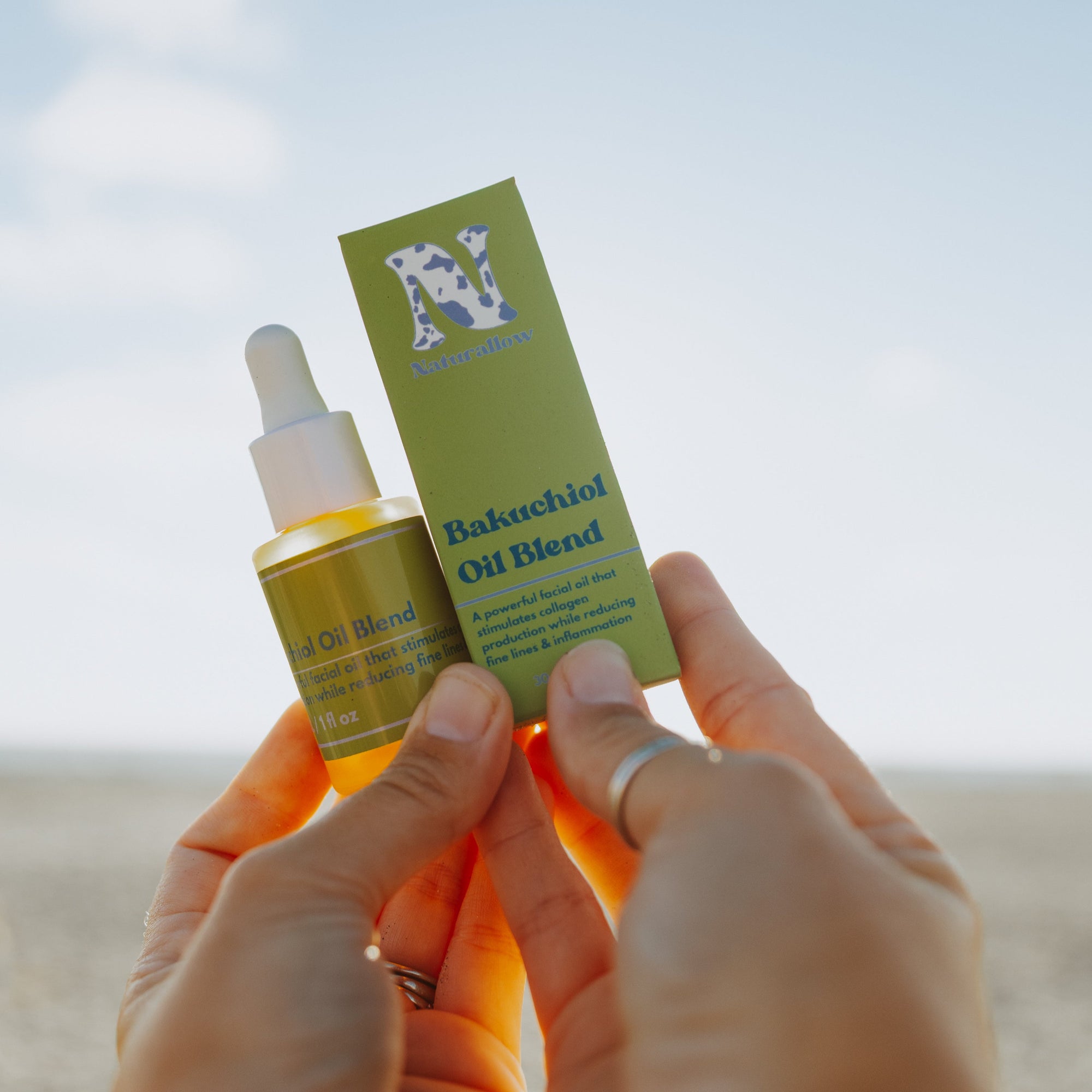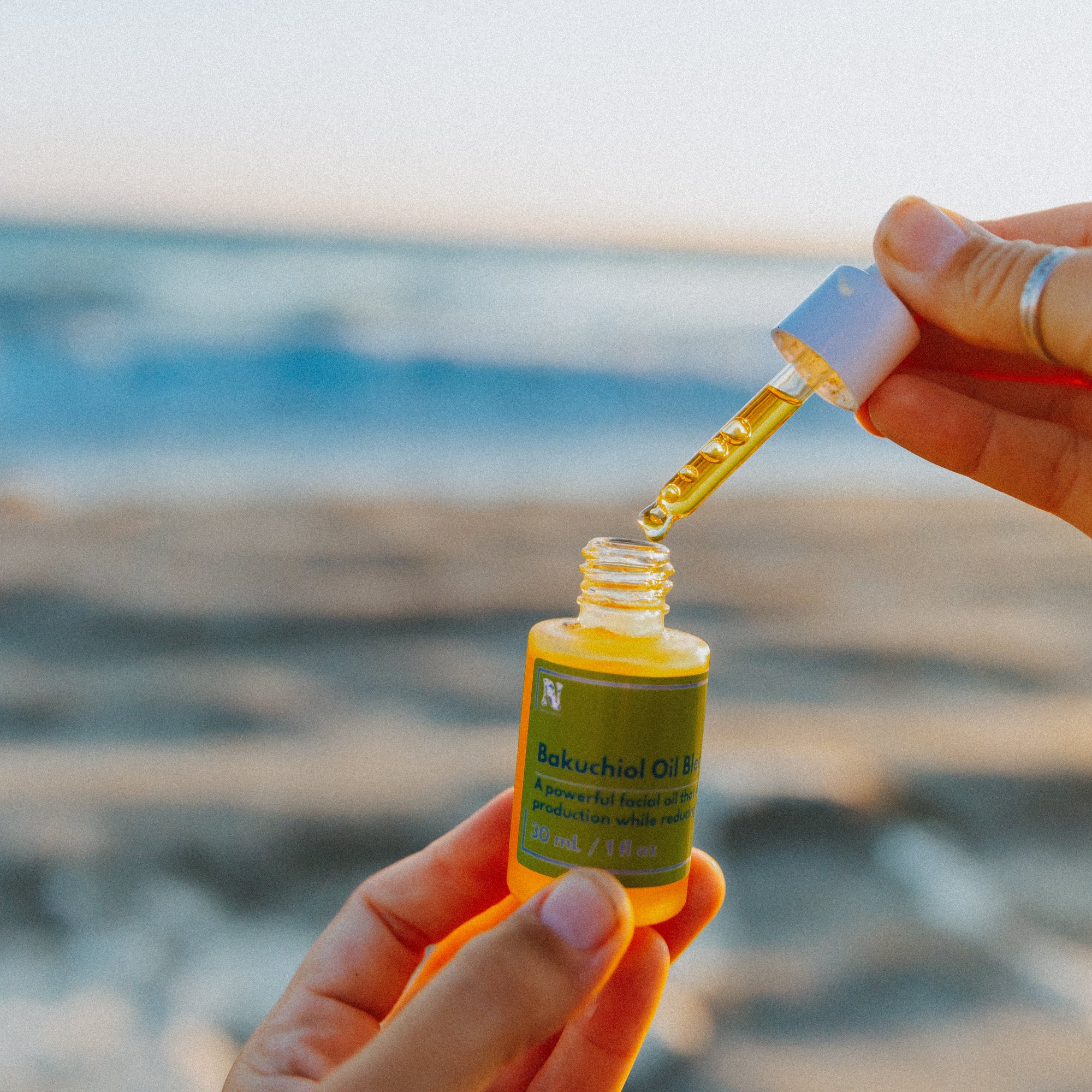I have tried countless deodorants throughout my twenties and early thirties… I had switched over to all natural quite a few years ago, and had trouble with natural ones still not helping with odors. This is hands down the BEST one! I love it and am already on my second one! Will definitely be buying more in the future.
I could not wait to leave this review. The most amazing scent of peppermint. I only hope this is not seasonal. I will be back for more! Lauri
Love love this soap! We all have sensitive skin in our house hold and this is so gentle plus leaves that clean feeling. We love Naturallow bar soap.
Not only has the whipped tallow been a wonderful nightly routine, but I’ve also been enjoying the extra couple goodies in my order, and will definitely be back for more!

